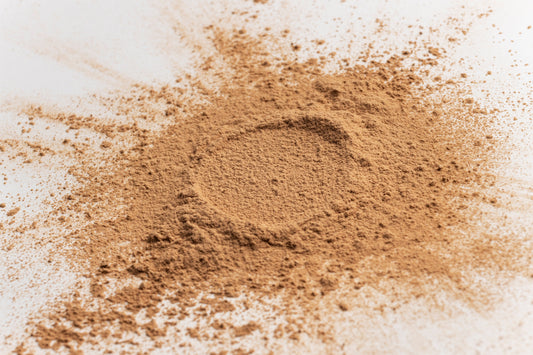
Why Recovery Days Are Non-Negotiable: The Key to Long-Term Fitness Success
When it comes to fitness, many people think “more is better.” They push harder, train more frequently, and sometimes skip rest days entirely, believing that constant effort will bring faster results. But here’s the truth: real progress doesn’t happen during your workout—it happens when you recover.
Whether your goal is building muscle, losing fat, or improving endurance, recovery days are just as important as your training days. Skipping them can lead to burnout, injury, and stalled progress. Here’s why rest and recovery should be a core part of your fitness plan.
Understanding the Benefits of Active Recovery
“Rest” doesn’t mean doing nothing. Active recovery involves low-intensity movement that boosts blood flow and helps your body repair itself.
Benefits of Active Recovery:
- Improved Circulation: Light activities deliver oxygen and nutrients to your muscles, speeding up healing.
- Reduced Soreness: Gentle movement flushes out metabolic waste, easing DOMS (delayed onset muscle soreness).
- Mental Reset: Rest days keep you motivated and prevent mental burnout.
- Better Flexibility & Mobility: Light stretching and mobility work reduce stiffness and improve range of motion.
Simple Active Recovery Ideas:
- Brisk walking
- Leisure cycling
- Gentle yoga or mobility exercises
- Foam rolling and stretching
- A relaxing swim
- Massages or self-massage
The Science of Muscle Recovery
During intense training, your muscles develop tiny tears. Recovery is when your body repairs those tears, making your muscles stronger. Without enough rest, you risk injuries and slower progress.

How to Maximize Muscle Recovery:
- Sleep Well: Aim for 7–9 hours to allow your body to repair itself.
- Stay Hydrated: Proper hydration supports muscle recovery and toxin removal.
- Eat Nutrient: Dense Foods: Protein, healthy fats, and complex carbs help rebuild muscle tissue.
- Stretch Gently: Maintain flexibility and reduce tightness.
- Try Massage: Boost circulation and ease tension.
Why Rest Is Essential for Growth
Rest days are your body’s chance to:
- Replenish Energy: Refuel glycogen stores for your next workout.
- Repair Muscle Fibers: Rebuild damaged tissue, leading to muscle growth.
- Reduce Inflammation: Calm post-workout inflammation.
- Balance Hormones: Regulate cortisol, testosterone, and other key hormones.
Taking at least one full recovery day per week is not laziness—it’s strategy.
Mental Health Benefits of Rest Days
Your mind needs recovery as much as your body. Ignoring rest can create negative associations with exercise and lead to burnout.
How Rest Days Boost Mental Health:
- Prevent Burnout: Avoid feeling overwhelmed by your training routine.
- Boost Motivation: Come back stronger and more excited to train.
- Maintain Consistency: Reduce the risk of quitting due to exhaustion.
- Promote a Healthy Mindset: Build a balanced, sustainable relationship with fitness.
The Bottom Line
Recovery isn’t the opposite of working out—it’s what allows you to train harder, smarter, and longer. Listen to your body, schedule regular rest days, and view recovery as a tool to unlock your full potential.
Taking time off is not a setback; it’s a power move.








